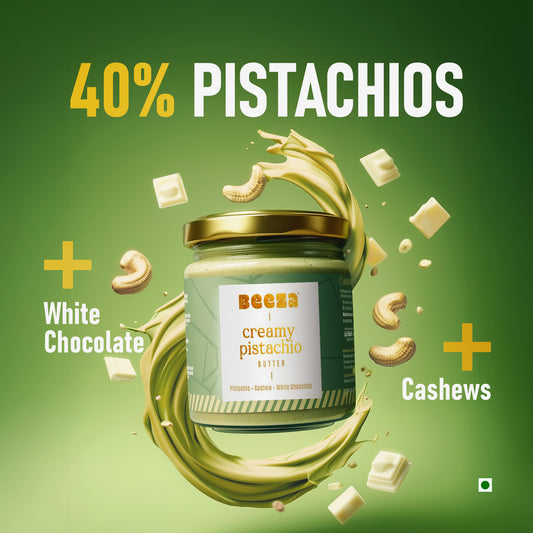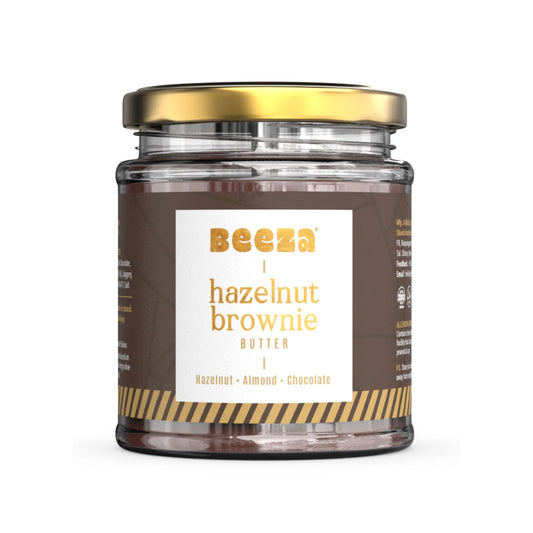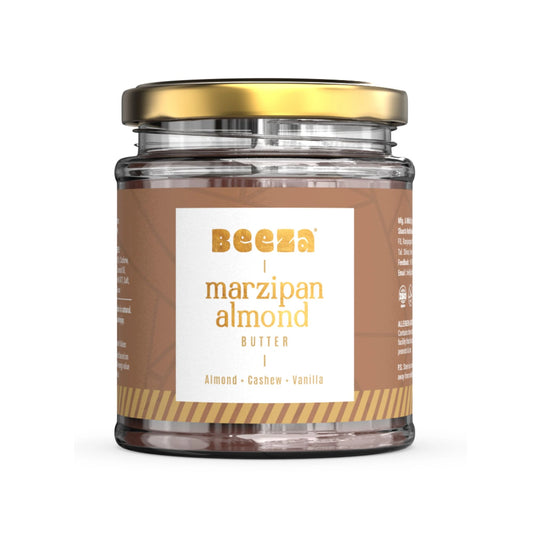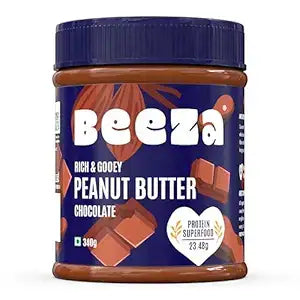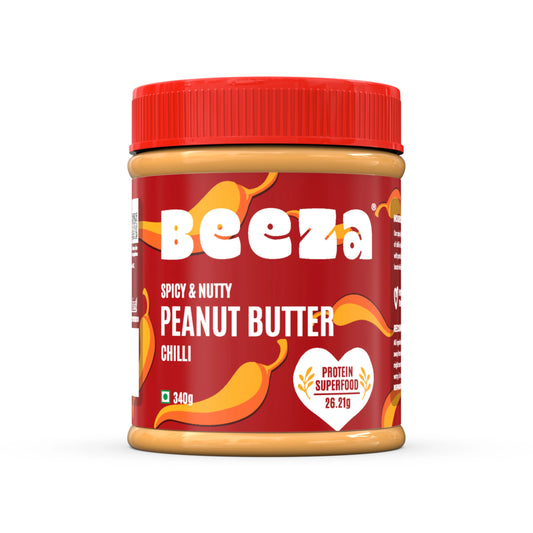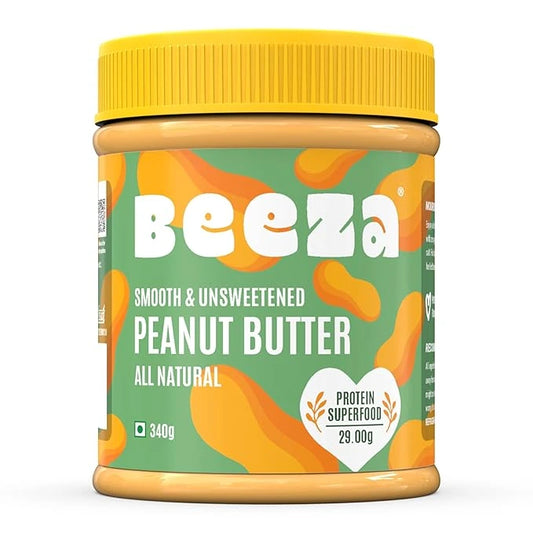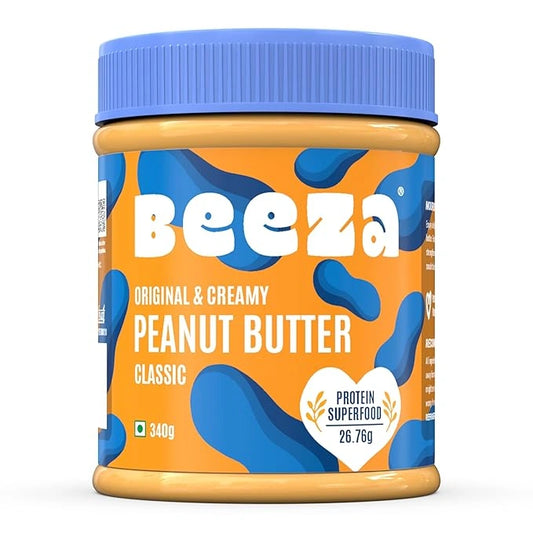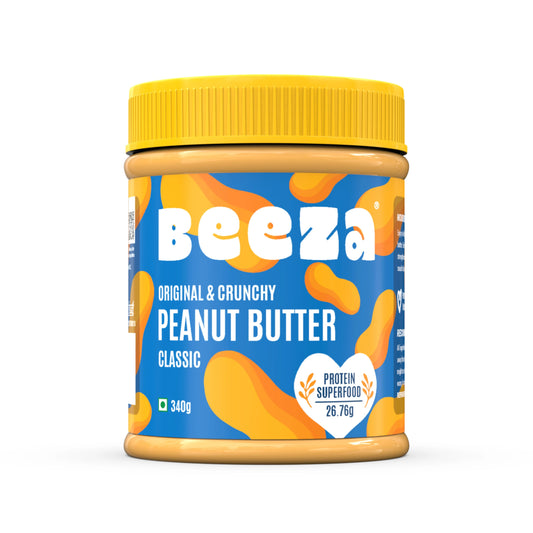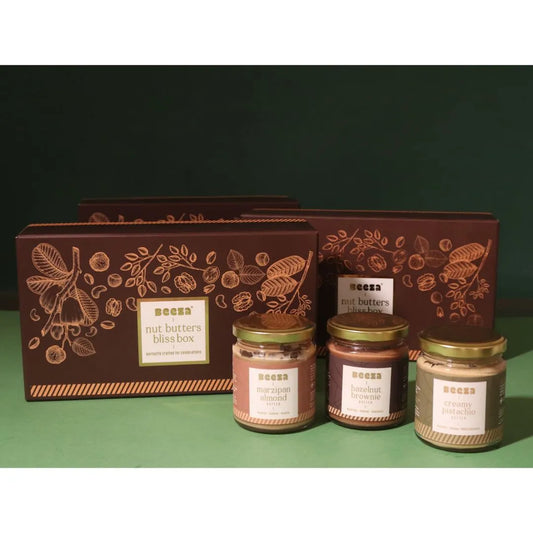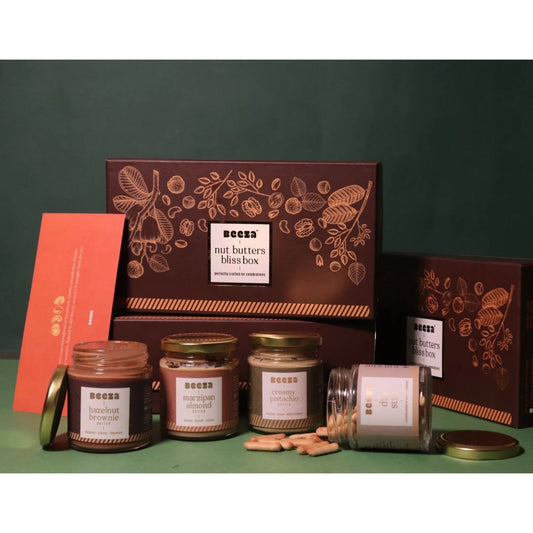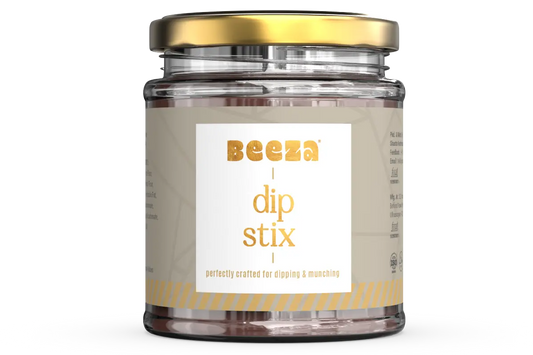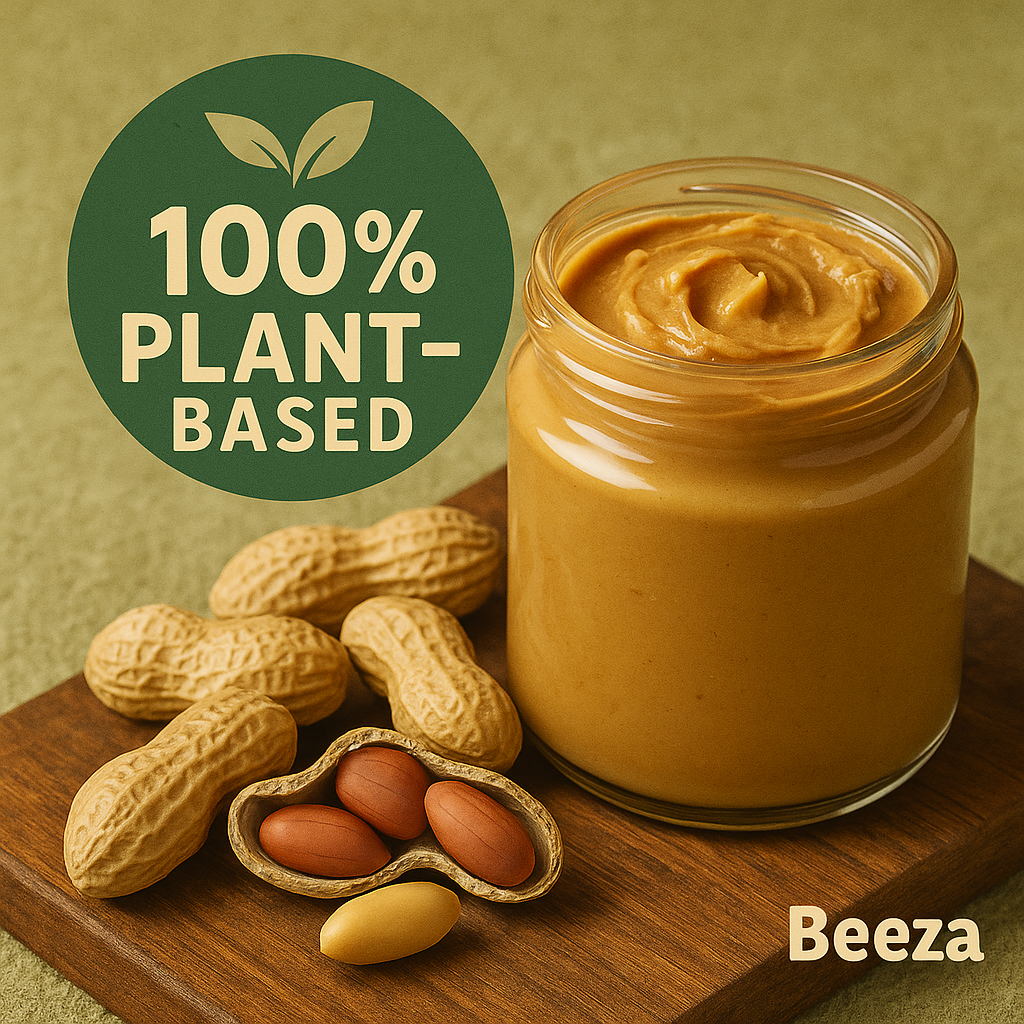
Is Peanut Butter Vegan? Everything You Need to Know

Peanut butter has become a staple in the kitchen of houses everywhere. It's nutty, creamy, extremely versatile, and let's be real-fairly addictive. You can put it on toast, mix it into smoothies, or just steal a spoonful straight from the jar (we've all done that). But if you're on a vegan lifestyle-or considering switching to one-you've likely asked yourself: Is peanut butter vegan?
Let’s take it all apart so you understand exactly what to search for, what to steer clear of, and how peanut butter accommodates a healthy, compassionate, plant-based diet.
What Does It Mean to Be Vegan?
Before we open the peanut butter jar, let's define what "vegan" is.
Being vegan involves not using any animal products and by-products-not only in food, but also in clothing, skincare, and other lifestyle choices. This excludes meat, dairy, eggs, honey, gelatin, and anything else that comes from animals. Individuals adopt veganism for various reasons-some for health, others for the planet, and many for ethical reasons concerning animal welfare.
A vegan diet centers around whole plant foods such as fruits, vegetables, legumes, whole grains, nuts, and seeds-which is precisely why peanut butter naturally draws the interest of vegans.
Pros & Cons of a Vegan Diet for Health
As with any diet, there are pros and cons to going vegan. Let's discuss both.
Pros of a Vegan Diet
-
Better Heart Health
A diet rich in plants is rich in fiber, antioxidants, and healthy fats-all of which may promote cardiovascular health and lower the risk of heart disease.
-
Weight Management
Most individuals find that it is easier to control weight on a plant-based diet as plant foods are less calorie-dense and more satiating due to fiber.
-
Lower Risk of Chronic Diseases
Research has indicated that vegan diets are linked to reduced risks of type 2 diabetes, specific cancers, and high blood pressure.
-
Ethical and Environmental Impact
Reducing animal product use lowers your carbon footprint and contributes to efforts against animal cruelty. It's a simple personal adjustment with the potential to make an enormous global difference.
Cons of a Vegan Diet
-
Possible Nutrient Deficiencies
Unless well-planned, the vegan diet can be deficient in nutrients such as vitamin B12, iron, calcium, zinc, and omega-3 fatty acids.
-
Need for Supplementation
Certain nutrients (such as B12 and vitamin D) are difficult to obtain through plant sources only, so fortified foods or supplements may be required.
-
Limited Food Choices in Certain Settings
Dining out or traveling is challenging at times, particularly in areas where plant-based choices are not readily available.
-
Requires Careful Planning
Balanced meals do require a bit more consideration and effort, particularly when you are beginning.
So, Is Peanut Butter Vegan?
The good news is this: Most peanut butter is vegan.
Classic peanut butter generally has only a few ingredients-peanuts, salt, and in some cases oil or sugar-none of which are not plant-based. Which means for the most part, peanut butter is a safe and tasty addition to your vegan diet.
But here's the thing: not all peanut butter is the same.
Not All Peanut Butters Are Equal: Recognize the Differences
Most commercial and natural peanut butters are vegan, but there are a few sneaky exceptions. Some brands include non-vegan ingredients for flavor, texture, or marketing ploys. Watch out for these usual suspects:
-
Honey – As a sweetener in certain flavored varieties. Bees produce it, and it's not considered vegan.
-
Fish oil or omega-3 supplements – Occasionally included in "functional" nut butters to entice health-aware consumers.
-
Refined cane sugar – While sugar is plant-based, it's often filtered with bone char (derived from animal bones), which some strict vegans eschew.
-
Milk powder or whey – Occasional but possible in dessert-flavored peanut butters.
Some of these non-vegan peanut butter products are:
-
Jif Omega-3 Peanut Butter
-
Justin's Honey Peanut Butter
-
Skippy Roasted Honey Nut
Moral of the story: Always read the label before throwing that jar in your shopping cart.
How to Read Ingredient Labels Like a Vegan Pro
It takes a few minutes to learn, but learning how to read labels is a total game-changer. Here's what to watch out for:
-
Scan for animal ingredients: honey, milk powder, gelatin, or anything suspiciously finny.
-
Check sweeteners: if the label simply says "sugar," it's worth checking the company website or calling them directly.
-
Be wary of additives: emulsifiers such as mono- and diglycerides may be animal- or plant-based. If unsure, do a quick Google search.
Trusting the Labels: Knowing Vegan Certifications
There are some brands that make it really easy for us. Check for the following official vegan certifications:
-
Certified Vegan Logo (by Vegan Action)
-
The Vegan Trademark (by The Vegan Society)
-
PETA's Certified Vegan Logo
These icons verify that the product is 100% free from animal by-products and animal testing.
The Nutritional Value of Peanut Butter to Vegans
Other than its delicious taste, peanut butter is a nutritional powerhouse-particularly for the plant-based eater.
-
Protein: Approximately 8g per serving of 2 tablespoons-good for maintaining muscles and providing energy.
-
Healthy fats: Filled with monounsaturated fats good for the heart.
-
Vitamins and minerals: Contains vitamin E, magnesium, niacin, and B vitamins.
It's full, nutrient-rich, and hits the spot, making it a go-to for vegan athletes, students, and busy professionals.
Top Peanut Butter Replacements for Vegan Diets
Want to switch things up or have a peanut allergy? Don't worry. These spreads are all vegan-approved and delicious:
-
Almond butter – Smooth, nutty, and rich in vitamin E.
-
Cashew butter – Creamy and loaded with healthy fats and iron.
-
Hazelnut butter – Great in desserts (but check for added milk in commercial products).
-
Sunflower seed butter – Perfect for those avoiding nuts altogether.
-
Tahini – Made from sesame seeds, tahini is great for savory dips and dressings.
-
Coconut and avocado spreads – For something a little different in flavor and texture.
A Vegan’s Guide to Choosing the Right Spread
Here’s a quick checklist when picking your perfect spread:
- Check the ingredients
- Ensure the sweetener and oil origin
- Check for vegan certifications
- Opt for natural or organic when available
- Watch out for the flavored types
Check Out Beeza's Peanut Butter
Seeking a peanut butter brand you can rely on? Beeza's Peanut Butter is proudly vegan, with basic, high-quality ingredients-no fillers, no garbage, and certainly no animal products. Like it crunchy or smooth, Beeza's delivers all the flavor with no guessing game. One spoonful and you'll be able to taste the difference.
Conclusion
So, is peanut butter vegan? For the most part-yes.
But as with any packaged food, it's worth being aware. By reading the label, knowing your ingredient lists, and sticking with a reliable brand like Beeza's, you can indulge in your favorite nutty spread with complete confidence.
Peanut butter isn't merely a snack-it's a plant-based superstar. So grab that spoon, slather it thick, and indulge guilt-free. You've worked for it.

